Introduction
Are you a parent concerned about your baby’s safety while using a traditional baby walker? Or are you looking for better options that support your baby’s development? You’re in the right place! This article will explore various alternatives to baby walkers. We’ll look at the benefits of each option and provide some helpful tips. Let’s dive in!
Why look for alternatives to baby walkers?
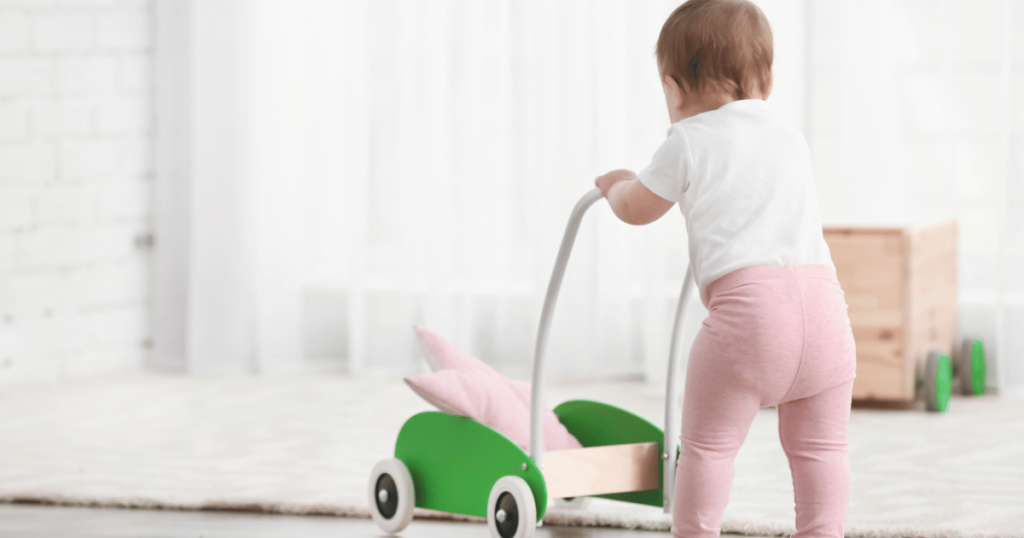
Baby walkers have been a popular choice for many years. However, recent studies have shown that they can pose serious risks. According to the American Academy of Pediatrics, baby walkers can lead to falls and injuries. They can also delay muscle development because babies don’t learn to balance properly. Hence, many parents are now seeking safer and more beneficial alternatives.
#1 Stationary Activity Centers

Stationary activity centers are a fantastic alternative to baby walkers. These centers have a seat that rotates and bounces but remains fixed in one place. This allows your baby to play safely without moving around.
Benefits:
- Helps develop motor skills.
- Keeps baby entertained with toys and music.
- Safer than mobile walkers.
#2 Push Toys
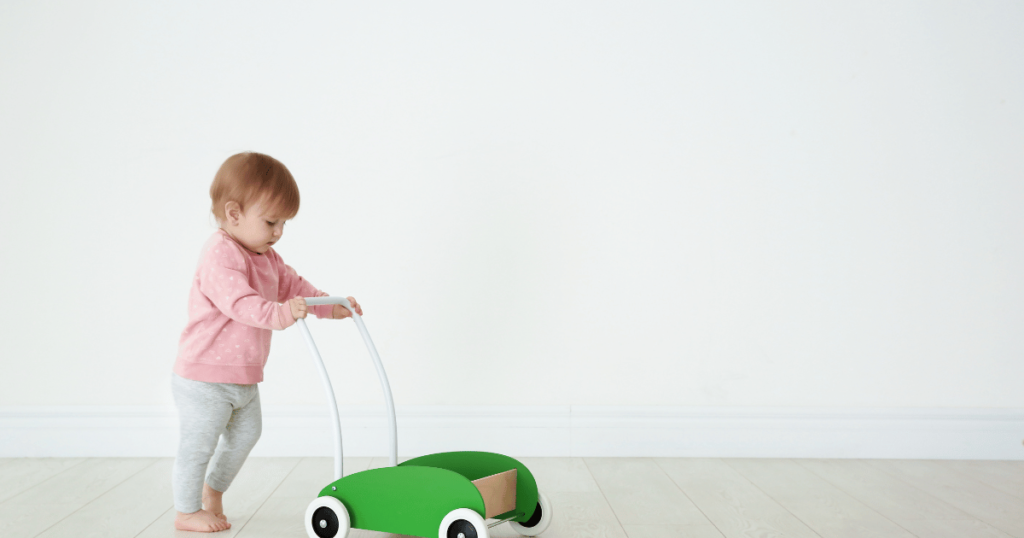
Push toys are another excellent choice. They help babies learn to walk by providing support. Push toys encourage babies to stand and move at their own pace.
Benefits:
- Encourages walking and balance.
- Develops leg muscles.
- Fun and engaging for babies.
#3 Play Mats and Play Gyms
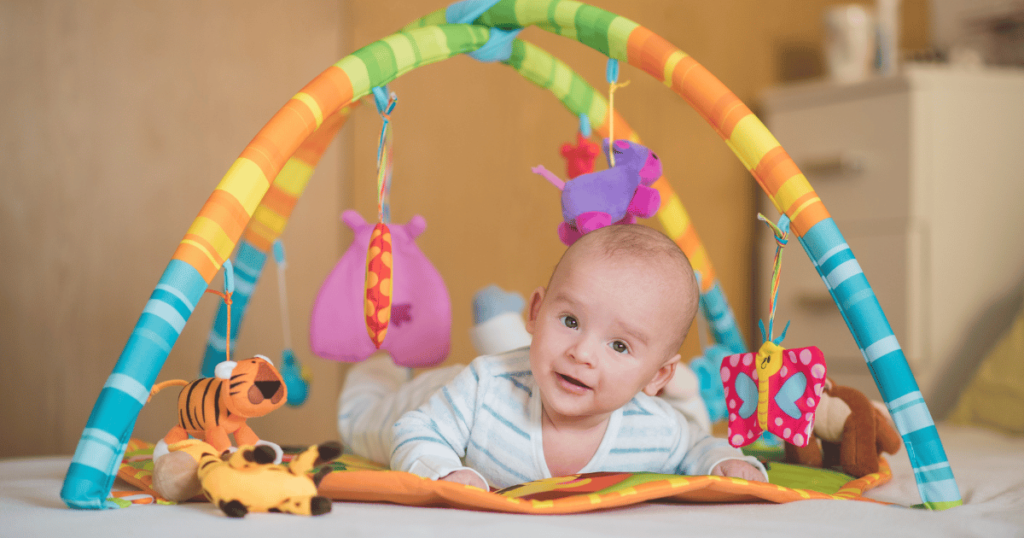
Play mats and play gyms provide a safe and stimulating environment for babies. They encourage tummy time, which is crucial for muscle development.
Benefits:
- Promotes crawling and rolling.
- Enhances hand-eye coordination.
- Provides sensory stimulation with different textures and toys.
#4 Baby Jumpers
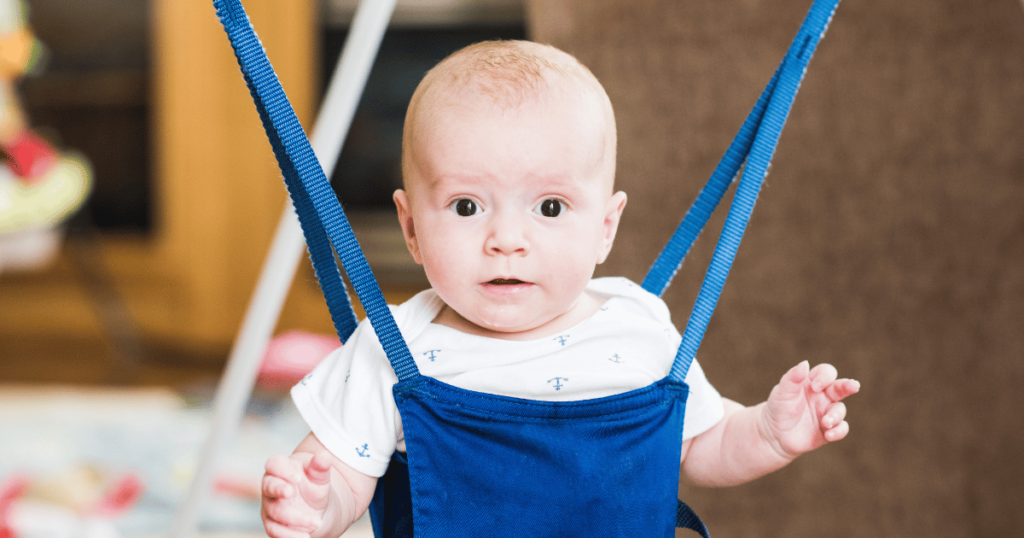
Baby jumpers are like stationary activity centers but allow babies to bounce. They are a great way to keep babies active and entertained.
Benefits:
- Strengthens leg muscles.
- Provides aerobic exercise.
- Keeps baby engaged.
#5 Standing Play Tables

Standing play tables are designed to encourage standing and playing. These tables are sturdy and provide support as babies learn to stand.
Benefits:
- Encourages standing and cruising.
- Develops fine motor skills.
- Offers interactive play with buttons and sounds.
#6 Baby Walkers with Wide Bases
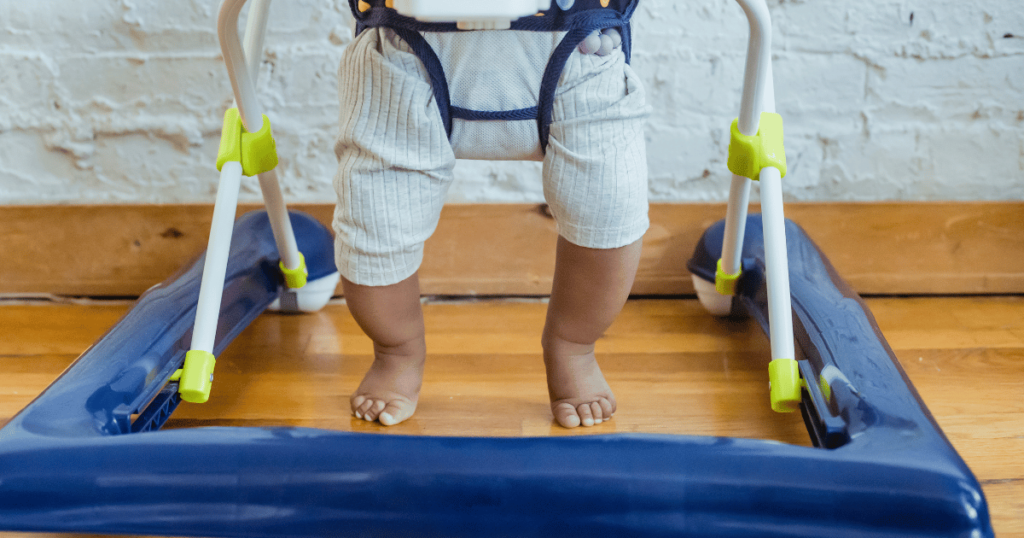
Some baby walkers are designed with wide bases to prevent tipping. These walkers are safer than traditional ones and help babies learn to walk.
Benefits:
- Provides stability and support.
- Encourages walking.
- Safer design to prevent falls
Safety Tips for Using Baby Walker Alternatives
While baby walkers offer many benefits, safety is paramount. Here are some tips for using a baby walker safely:
- Always supervise your baby while they are in the walker.
- Use the walker on flat, even surfaces to prevent tipping over.
- Keep the walker away from stairs and other hazards.
- Ensure the walker is the right height for your baby.
- Regularly check the walker for any signs of wear and tear.
Conclusion
Choosing the right equipment for your baby is crucial for their development and safety. While traditional baby walkers may seem like a good option, they come with risks. Fortunately, there are many safer and more beneficial alternatives available. From stationary activity centers to push toys, each option supports your baby’s growth in different ways. Remember to always prioritize safety and supervise your baby during playtime.
Other References
- American Academy of Pediatrics (AAP)
- BabyCenter
- What to Expect
- Verywell Family
- Parents
- Mom Loves Best
More to Read
- How to bathe a newborn baby in 13 steps: The comprehensive guide
- Getting the temperature just Right: A guide to baby bath water
- Bath Time: How often should you wash your little one
- Baby Bathtubs: The Best 5 Ways to Store Baby Bathtubs in 2024
- 4 Steps to Choose a Collapsible Baby Bathtub in 2024
- The Best 5 Baby Bathtubs for Small Space in 2024
- The Best 5 Inflatable Baby Bathtubs In 2024

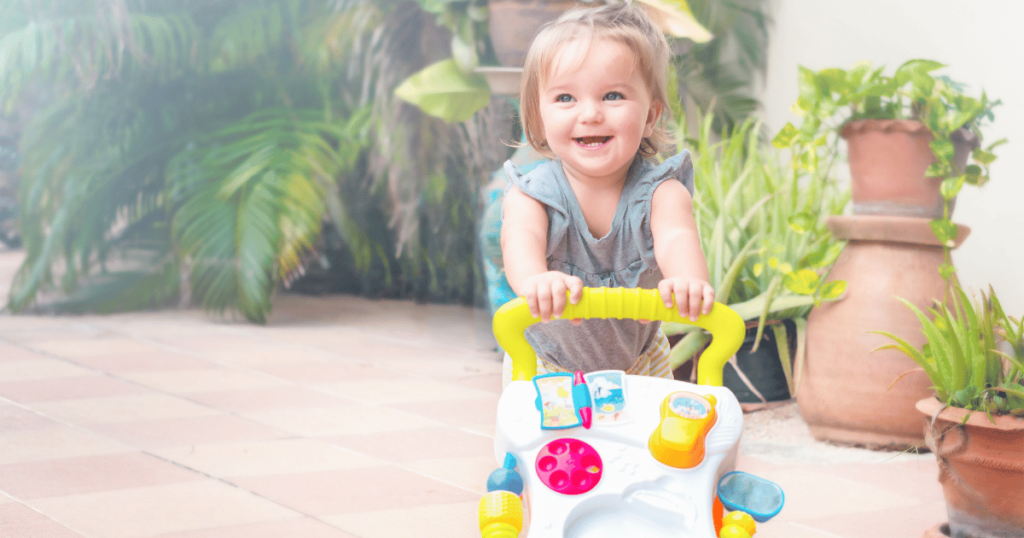
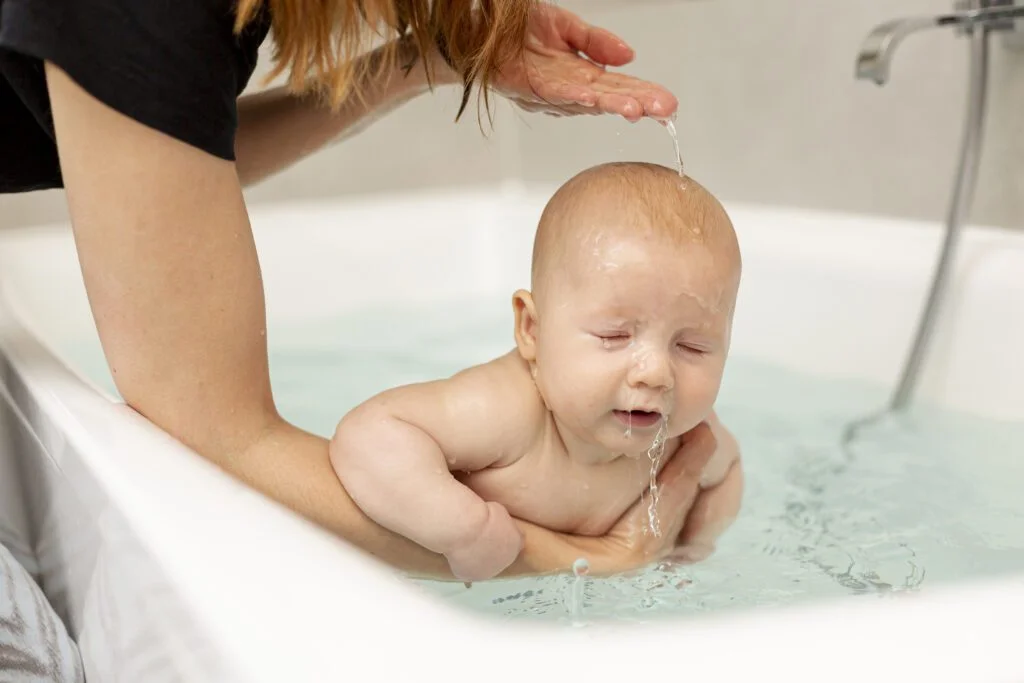

I for all time emailed this blog post page to all my friends, since if like to read
it afterward my links will too.!